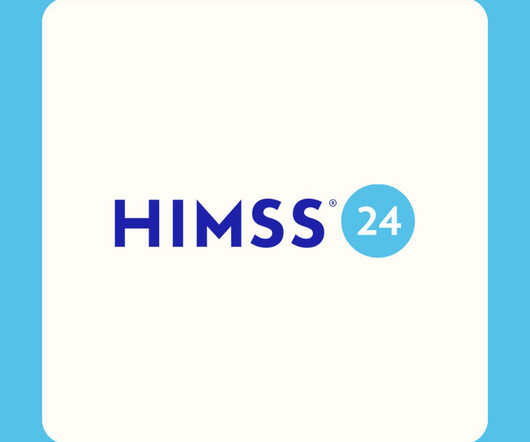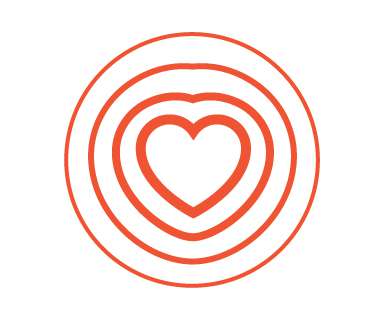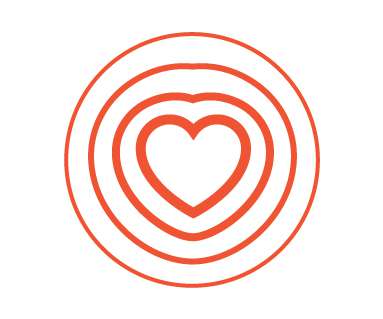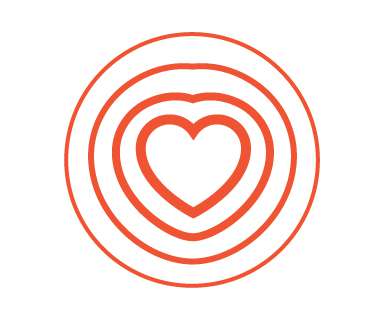HIMSS24: Showcasing Clinical Benefits from Digital Health
Xealth
MARCH 26, 2024
Digital tools augment and strengthen the trusted relationship between care teams and patients and ChristianaCare is currently building out a digital formulary for specific clinical lines, including chronic heart failure, maternity care and primary care.

























Let's personalize your content